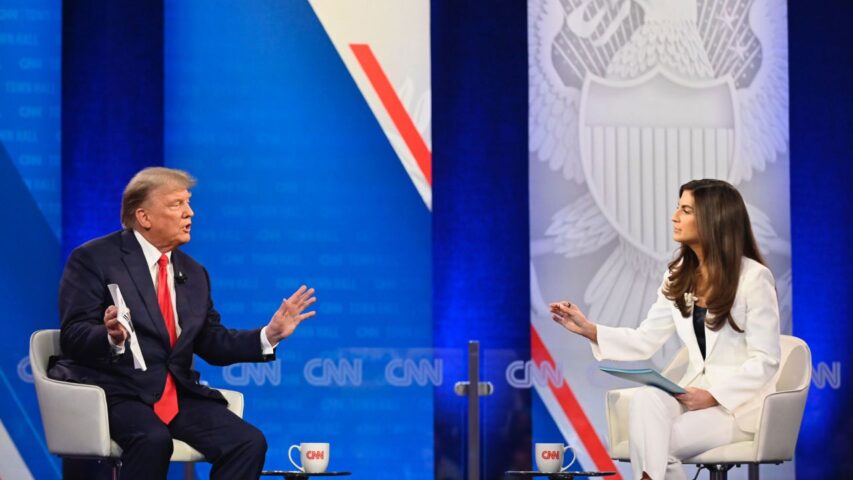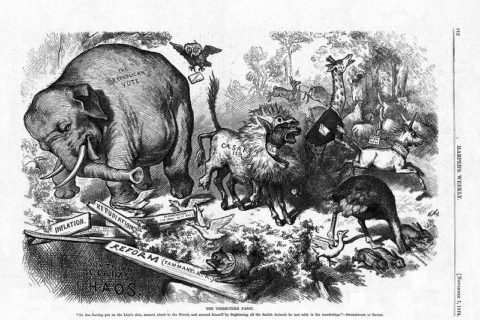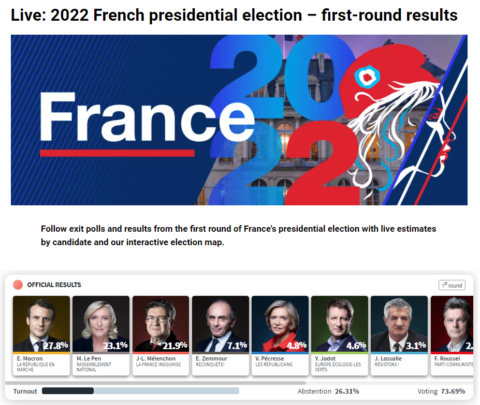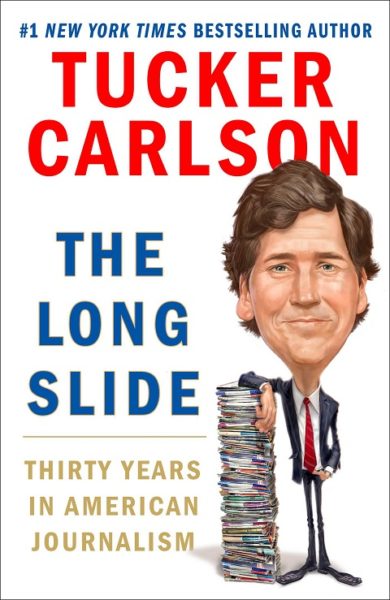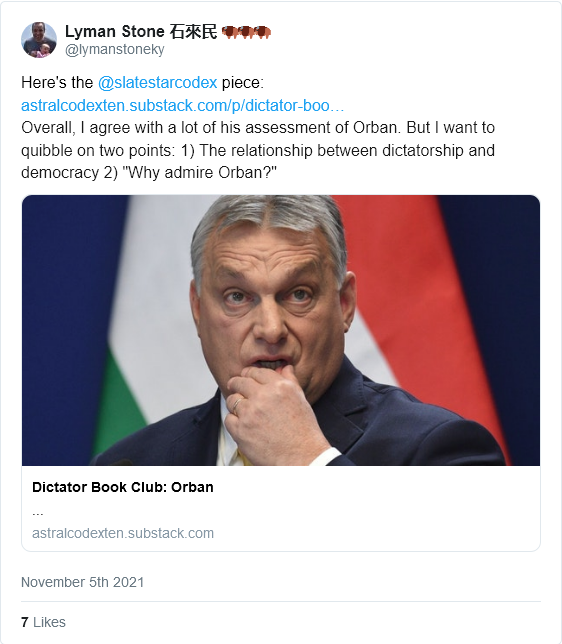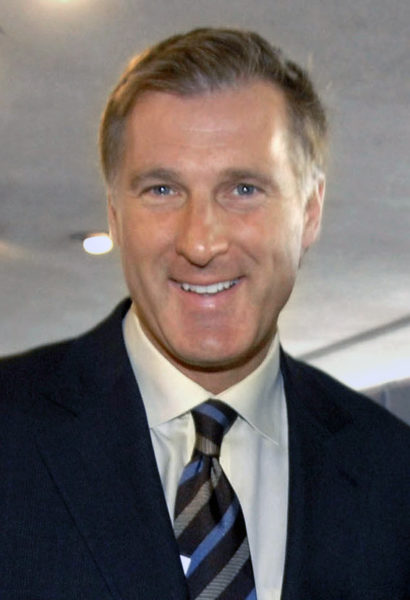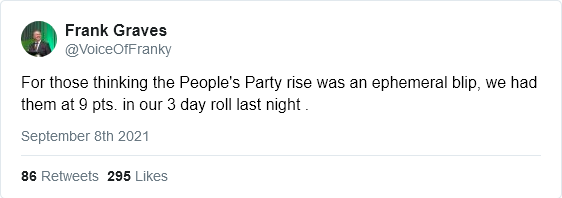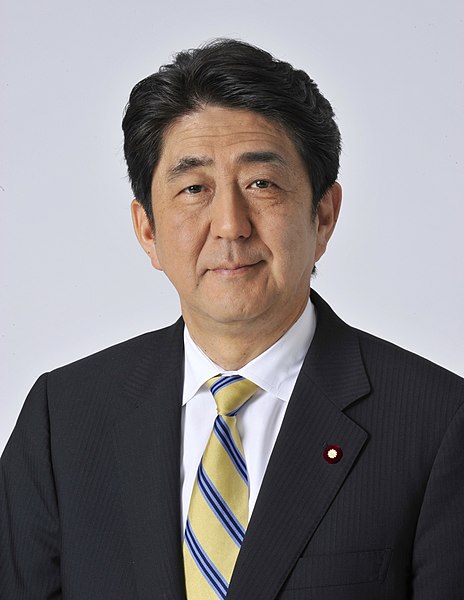I find this extremely useful. I’d add that the postbellum parties do shift ideologies fairly regularly, as PR notes, such that even though they’re still called by the same names, they’re nowhere near the same parties, 1865-present.
I’d add some distinguishing tags for ease of reference, like so:
DEMOCRATS:
The Redeemers of the “Solid South”, 1865-1882, when their main issue was ending Reconstruction and establishing Jim Crow.
The Grover Cleveland years, 1882-1896: Still primarily an opposition party, their main goal was reining in the ridiculous excesses of the Gilded Age Republicans. As one of about 100 people worldwide who have strong opinions on Grover Cleveland, I should probably recuse myself here, so let me just say this: Union Army veterans were to the Gilded Age GOP what the Ukraine is to the Uniparty now. They simply couldn’t shovel money at them fast enough, and the guys who orchestrate those ridiculous flag-sucking “thank you for your service” celebrations before pro sporting events would tell them to tone it way, way down. Cleveland spent most of his presidency slapping the worst of this down.
[How bad was it? So bad that not only did they pass ridiculous giveaways like the Arrears of Pension Act and the Dependent Pension Act — think “Build Back Brandon” on steroids, times two, plus a bunch of lesser boondoggles — but they got together every Friday night when Congress was in session to pass “private” pension bills. These are exactly what they sound like: Federal pensions to one specific individual, put up by his Congressman. Grover Cleveland used to burn the midnight oil vetoing these ridiculous fucking things, which makes him a true American hero as far as I’m concerned].
The Populist Party years, 1896-1912: They were more or less absorbed by the Populist Party — William Jennings Bryan ran as a “Democrat” in 1896, but he was really a Populist; that election hinged entirely on economic issues. They still had the “Solid South”, but the Democrats of those years were basically Grangers.
The Progressive Years, 1912-1968: They picked up all the disaffected “Bull Moose” Republicans who split the ticket and handed the Presidency to Woodrow Wilson in 1912, becoming the pretty much openly Fascist entity they’d remain until 1968.
The Radical Party, 1968-1992: The fight between the Old and New Left, or Marxism vs. Maoism.
The Boomer Triumphalist Party, 1992-2000. It’s an Alanis-level irony that Bill Clinton was the most “conservative” president in my lifetime, if the metric for “conservatism” is “what self-proclaimed conservatives say they want”. This was our Holiday From History, in which “wonks” reigned supreme, tweaking the commas in the tax code while occasionally making some noises about silly lifestyle shit.
The Batshit Insane Party, 2000-Present. The years of the Great Inversion. Today’s Democrats only know one thing: Whatever is, is wrong.
REPUBLICANS:
The Radical Party, 1864-1876: Determined to impose utopia at bayonet point in the conquered South, they started asking themselves why they couldn’t simply impose utopia at bayonet point everywhere. They never did figure it out, and we owe those awful, awful racists in the Democratic Party our undying thanks for that. This is the closest America ever came to a theocracy until The Current Year. Morphed into
The party of flabbergastingly ludicrous robber baron excess, 1876-1896. In these years, J.P. Morgan personally bailed out the United States Treasury. Think about that. FTX, meet Credit Mobilier. You guys are pikers, and note that was 1872. William McKinley deserves a lot more credit than he gets in pretty much everything, but he might’ve been the most fiscally sane American president. Only Calvin Coolidge is even in the ballpark.
The Progressive Party, 1900-1912. For all the Left loves to call Republicans “fascists”, for a time they were … or close enough, Fascism not being invented quite yet. But the Democrats coopted it under Wilson, leading to
The Party of (Relative) Sanity, 1912-1968. Before Warren G. and Nate Dogg, there were Warren G. Harding and Calvin Coolidge, the only two contestants in the “American politicians with their heads screwed on straight” competition, 20th century division. Alas, superseded by the
Anti-Left Party, 1968-2000. Want to punch a hippie? Vote for Richard Nixon. Or Gerald Ford. Or, yes, the Gipper.
The Invade-the-World, Invite-the-World Branch of the Uniparty, 2000-Present. Wouldn’t it be nice if Bill Clinton could keep it in his pants, and wasn’t a walking toothache like Al Gore? That was the essence of W’s pitch in 2000. Our Holiday From History was supposed to continue, but alas, 9/11. Some very special people at the State Department got their chance to finally settle their centuries-long grudge with the Cossacks, and, well … here we are.
By my count, the longest periods of ideological consistency ran about 50 years … and I’m not sure if that really tells us much, because it makes sense to view 1914-1945, if not 1914-1991, as THE World War, which put some serious constraints on the ideology of both sides.
Trend-wise, what I see is one side going nuts with some huge moral crusade, while the other side frantically tries to slam on the brakes (while getting their beaks good and wet, of course). Antebellum, it was the proslavery side leading the charge, but if they’d been slightly less excitable in the late 1840s, the abolitionist lunatics would’ve done the job for them by the late 1860s. If you know anything about the Gilded Age, you know that they somehow presented the truly ridiculous excesses of the Robber Barons as some kind of moral triumph; this was, after all, Horatio Alger‘s America. Progressivism, of either the Marxist or the John Dewey variety, is just moralizing gussied with The Science™, and so forth.
The big difference between then and now, of course, is that the grand moral crusade of The Current Year is open, shit-flinging nihilism. The “opposition”, such as it is, is also full of shit-flinging nihilists; they just don’t want to go before they’ve squeezed every possible penny out of the Suicide of the West. So … yeah. We’re overdue for a big ideological change. And we shall get it, never fear; we can only hope that we won’t have to see it by the light of radioactive fires.



